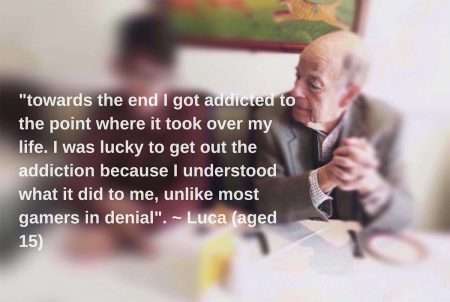When a patient leaves residential rehabilitation they need to bring the life-skills they have learned in residential rehab back to their home environment and everyday lives.
For some people this can give rise to a different set of difficulties and challenges, and it helps to have a network of support at hand, including mutual-aid groups, an AA or NA sponsor, or a professional therapist. Increasingly people in early recovery are also turning to recovery coaches to help achieve long term recovery.
How Can Recovery Coaches Help With Aftercare?
We spoke to recovery coach Camilla Crichton-Stuart to explore what exactly a recovery coach is and how this supplement to aftercare can help someone in recovery from alcohol or drugs live a happy, stable, sober life.
Camilla explains the role of a recovery coach:
- Encouragement: A coach will always hold that their client is naturally resourceful and whole; that they have within them the ability to do what they need to do, to achieve what they want to achieve.
- Continuing Skills: A coach can help the individual see how they can transfer their skills that have enabled their survival until now, into skills for life in recovery.
- Empowerment: A coach will help their client to appreciate where they have done well, and what their strengths are, to empower them in their recovery.
- Goal Orientated: They will assist in developing achievable goals, figuring out and taking the steps towards these goals in all areas of their lives.
How Does Coaching Differ from Therapy?
Although coaching is different from therapy, it is still very therapeutic. While therapy might focus on dysfunction, diagnosis, symptoms or the past, coaching focuses simply on people being their best in the present and in service of the future.
“A coach will partner their client in being responsible for their own life, and facilitate them being their very best; holding them accountable to integrating their learning from mistakes and other life lessons – something addicts find difficult to do alone – having a tendency to repeat the same mistakes over and over again, expecting different results!”
Recognising Clients’ Needs
Based on her years of experience in coaching addiction recovery, Camilla points out that “a coach will observe when a client needs therapy instead of (or in addition to) coaching and will recommend accordingly. Equally, a therapist will notice when a client is ready to take greater responsibility for him or herself and will recommend coaching, if that’s what’s best.” Coaching is a very supportive medium alongside other therapies and avenues of support.
Building On Recovery for the Future
Recovery is an ongoing process, and residential rehabilitation is often the first part of that process.
Camilla firmly supports the importance of coaching for long-lasting recovery: “Coaching lends itself so beautifully to recovery, whether new or in long-term recovery, because it aligns well with the work done in the Twelve Steps. Furthermore, being in recovery the client is already open to the approach that coaching builds on, by understanding the importance of, and wanting to do the work required for self development.”
In order to stay clean and remain in recovery one of the most important things we can do is to live a life we can feel good about. We do this best by being authentic, living a life with integrity and honouring our values.



